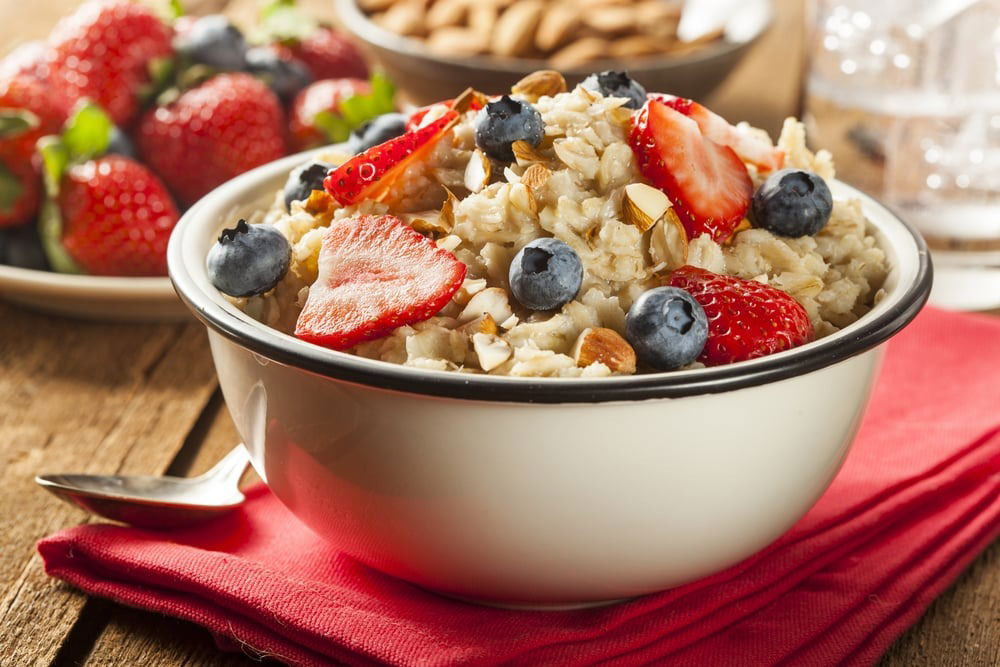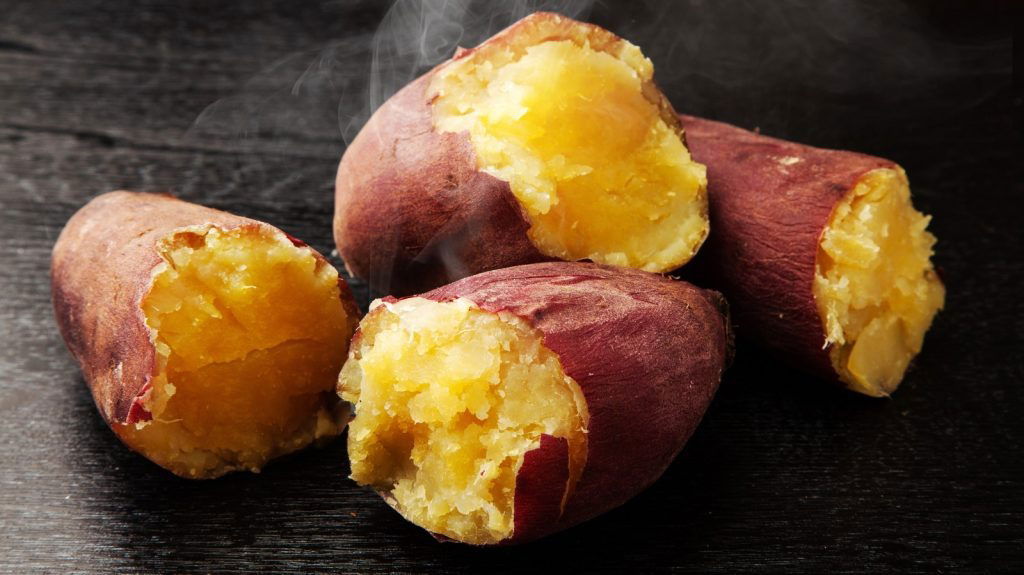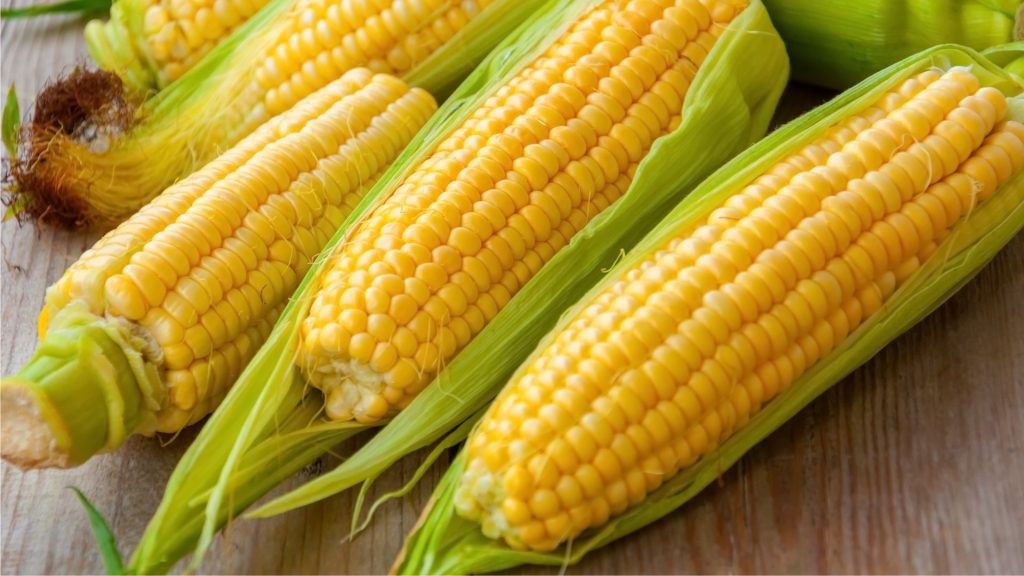
When it comes to lowering your risk of colorectal can.cer, your diet—particularly what you eat for breakfast—can make a major difference. Your first meal of the day plays a crucial role in supporting digestive function and maintaining colon health.
Dr. Xu, a top expert in digestive wellness, emphasizes that eating the right foods in the morning can help cleanse your digestive tract, promote healthy bowel movements, and protect your colon over time.
Below are four fiber-rich, nutrient-dense foods Dr. Xu recommends consuming on an empty stomach to help reduce the risk of colorectal can.cer:
1. Oatmeal: A High-Fiber Start to the Day
Oats are packed with dietary fiber, offering about 5.3 grams per 100 grams. Fiber is essential for moving waste through the intestines, which helps prevent constipation and lowers exposure of the colon to harmful substances.
It also promotes a faster intestinal transit time, reducing the risk of inflammation or toxin buildup.
However, because oats are a whole grain and take longer to digest, Dr. Xu advises moderation, especially for those with sensitive stomachs or pre-existing digestive problems. Too much can overwhelm the gut, so portion control is important.

2. Sweet Potatoes: Nutritious and Easy on the Gut
Sweet potatoes offer a great mix of fiber, complex carbohydrates, and valuable nutrients like beta-carotene, vitamin A, potassium, selenium, and iron.
Their natural starches provide sustained energy and encourage smooth digestion.
That said, since sweet potatoes are rich in starch, it’s wise to limit other starchy foods during the day.
Individuals with insulin resistance or diabetes should be especially mindful of their portion size to avoid blood sugar spikes.
For the best health benefits, choose unseasoned steamed or baked sweet potatoes without added sugars.

3. Lotus Root: A Cleansing Vegetable for the Digestive Tract
Lotus root may not be as well-known, but it provides both fiber (about 1.2 grams per 100 grams) and a decent amount of plant-based protein.
Its fiber and natural compounds help bind fats, cholesterol, and bile acids, promoting a cleaner gut environment.
Due to its starch content, it’s best not to combine lotus root with other starchy items in the same meal.
Also, chewing thoroughly supports better digestion and helps the body absorb more nutrients, especially when eaten in the morning.

4. Corn: Supporting Digestion with Fiber and Magnesium
Corn delivers roughly 2.9 grams of fiber per 100 grams and is also a good source of magnesium, a mineral that helps trigger peristalsis—the muscular contractions that move food through the intestines.
Together, fiber and magnesium support healthy bowel function and waste removal.
However, Dr. Xu warns that corn can spoil easily if not stored correctly. Spoiled or moldy corn may develop aflatoxins—dangerous substances linked to liver damage and increased can.cer risk.
To stay safe, buy corn in small batches, store it in a cool, dry place, and discard any that shows signs of spoilage.

In Summary
Starting your day with a breakfast rich in fiber and nutrients can do more than keep you energized—it can also help maintain gut health and reduce your risk of colorectal can.cer.
Foods like oatmeal, sweet potatoes, lotus root, and corn naturally stimulate digestion and encourage regular elimination.
Still, balance is crucial. Those with specific health concerns should monitor portion sizes and avoid overconsumption.
Most importantly, Dr. Xu reminds us that while diet plays a vital role in prevention, it does not replace medical care. Individuals over 45 or with a family history of colorectal issues should prioritize regular screenings and early detection for the best outcomes.















